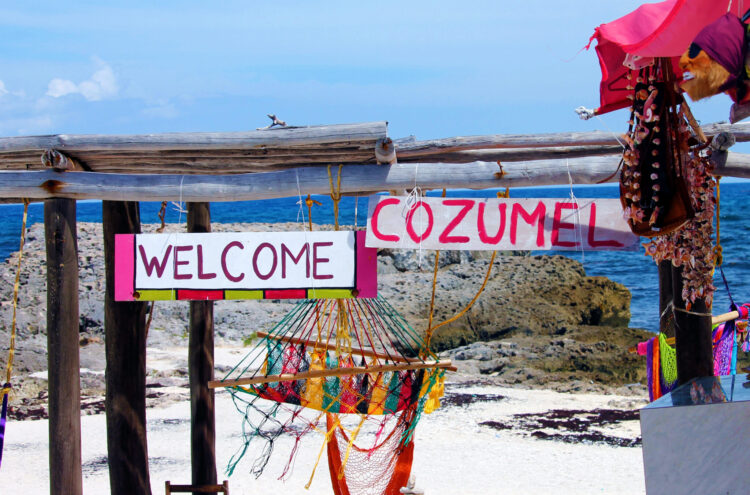Facing strong pushback from the travel industry in general, and the cruise lines in particular, Mexico has postponed a new $42 tourist tax on cruise passengers by six months, from January to July 1.
Mexico has long taxed hotel guests but exempted cruise passengers, who sleep on their ship. But a new bill that passed the Mexican Congress in December calls for a $42 tax on every cruise ship passenger entering Mexican waters, whether they disembark or not.
According to a statement issued by The Florida-Caribbean Cruise Association, which represents 23 cruise lines including Royal Caribbean, Carnival and Norwegian, Mexican officials have agreed to delay the new Federal Law of Rights tax on cruise passengers from January 1 until July 1, 2025. Among other things, the cruise lines had argued that just a 15% drop in calls to Mexico would result in a financial impact that would offset any gains from the tax.
In a statement, FCCA CEO Michele Paige emphasized that the temporary delay is helpful, but does not go far enough. “We thank the Mexican government for listening to our concerns and proposing a delay in the implementation of the tax that will fall mainly on American citizens. However, the removal of the in-transit tax exemption – which was provided to our industry over a decade ago for valid reasons that still apply today – was done without our prior input and after the legislation was passed. It is ironic that until this law was abruptly announced the industry was looking to grow business in Mexico, and now the opposite will occur.”
Designed to address Mexico’s enormous debt—and, some argue, to support its military rather than its tourism infrastructure—the tax will affect the more than 10 million passengers on 3,300 ships arriving in the ports of Cozumel—one of the world’s busiest ports, with 4 million visitors—as well as Costa Maya and Cabo San Lucas.
The cruise industry had strongly lobbied against it. The FCCA said in December that it was “completely caught off guard with last week’s unilateral decision to eliminate the long-standing in-transit exemption and efforts to fast-track this policy change without any dialogue with the industry.”
The group noted that the tax was a “staggering more than 213% increase over the average cost of a Caribbean port” that “could also jeopardize the cruise industry’s investments in the country, including billions in planned developments and other projects”—a serious threat given such planned projects as Royal Caribbean’s new private beach club in Cozumel and Perfect Day Mexico, for example.


